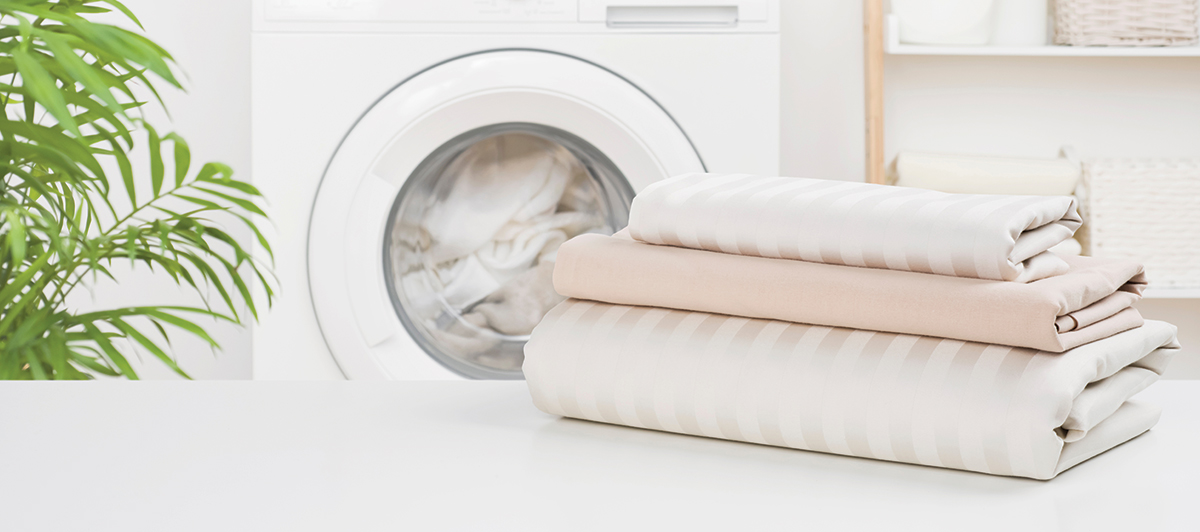Simple ways to keep your home’s air clean and minimise asthma symptoms

This article is presented in partnership with Open Airways, a registered charity dedicated to improving the health and well-being of people in Bermuda whose lives are affected by asthma and chronic obstructive pulmonary disease (COPD).
Did you know that more than 8,000 people in Bermuda are affected by asthma, and it’s the number one reason people visit the island’s emergency room? Another common respiratory condition, COPD, is the 4th leading cause of death worldwide. The good news is that there are several steps you can take right in your own home to minimise your respiratory symptoms or reduce your risk of developing other breathing difficulties.
- Replace your pillows every year. Pillows are a prime habitat for allergens and irritants like dust mites, mould, and mildew — all of which can trigger asthma and other respiratory conditions. You spend a lot of time with your nose and mouth near your pillow, so it’s important to make it a safe, clean place to rest. Get in the habit of replacing your pillow once a year to get rid of any harmful triggers, and hot-wash and dry your pillows monthly.
- Wash your bed linens in hot water every week. Like pillows, bed linens such as sheets, pillowcases, and duvets also accumulate dust mites and other allergens that can affect your breathing or trigger asthma symptoms. Wash your bed linens in hot water and dry them in a hot dryer at least once a week to reduce dust mites and other triggers.
- Avoid installing carpets and other decorative textiles in your home. Tile and wood flooring are much easier to keep trigger-free. While carpets, area rugs, and fabric curtains might help create a cosy and colourful atmosphere, all of these items are typically made of textiles that can collect dust mites and other irritants — just like pillows and bed linens. When decorating, choose materials that are easy to clean, and avoid unnecessary fabrics or carpeting. If you prefer carpets or fabric curtains, choose low-pile, washable options and vacuum them regularly with a HEPA filter. You should wash your couch cushions and their covers frequently, too.
- Swap out household cleaning chemicals, aerosols, air fresheners, and fragrances. Products like cleaning chemicals, sprays, aerosols, essential oils, scented plug-ins can be irritating for those who have asthma or other respiratory issues. Try to clean using warm water and mild soap or vinegar, microfiber cloths, a steam cleaner, and a vacuum cleaner with a HEPA filter. Instead of scented air-fresheners or plug-ins, you can use baking soda to absorb odours or just open windows and let the fresh air in. You should also use dryer balls or tennis balls in place of scented drier sheets, which can be irritating.
- Purify the air in your home. There are several steps you can take to purify the air inside your home. Open windows regularly to let fresh air circulate, diluting triggers, especially when gas fires or gas stoves are on, and when cleaning. When humidity is high, use an air conditioner, making sure you clean or replace the filter often. Consider using a HEPA air purifier to remove pollutants like dust, pollen, and pet dander while circulating cleaner air back into your home. There are also some plants that are known to help filter indoor air by removing toxins and improving air quality, such as snake plants, spider plants, and aloe vera.
- Avoid clutter and damp-dust or mop all surfaces weekly. Make it easy to damp-dust and mop your home by keeping clutter at bay — especially paper products, which can attract cockroaches. Damp-dust all horizontal surfaces in your home weekly, and mop the floors instead of sweeping. Dry-dusting or sweeping stirs up fine dust particles that cause breathing difficulties.
- Keep pets out of your bedroom. Pet dander, found in the saliva and skin cells of animals, is a trigger for those with asthma and breathing difficulties. Keep your pets out of your bedroom and your bed.
- Maintain a smoke-free home. Smoke of all kinds — including smoke from vapes or e-cigarettes — is a trigger for breathing issues, so ensure no one smokes in your home or near your home’s doors or windows.
These are just a few of the many measures you can take to keep your home’s air as clean as possible and reduce potential triggers for your asthma symptoms. Learn more about asthma and ways to minimise symptoms on the Open Airways website.
Looking after your health starts at home, but regular medical care is key. Stay on top of your annual physicals, and talk to your doctor about your treatment options. You can also contact Open Airways on 5366060 or at [email protected] for a free consultation. No referral is needed.
Have health insurance with BF&M? If you have questions about the care included with your BF&M health insurance plan, review your schedule of benefits or contact us at +1-441-295-5566.